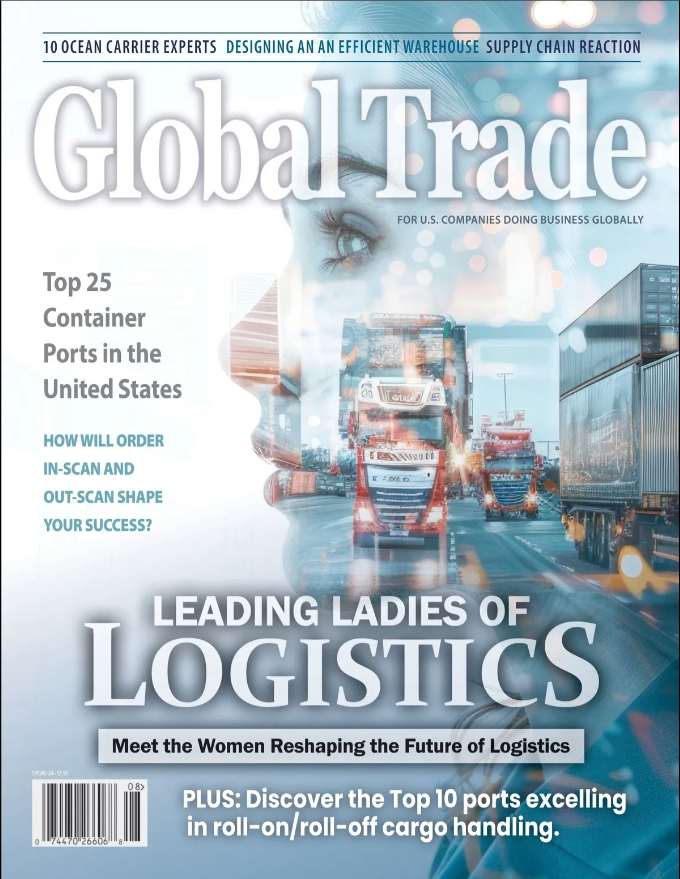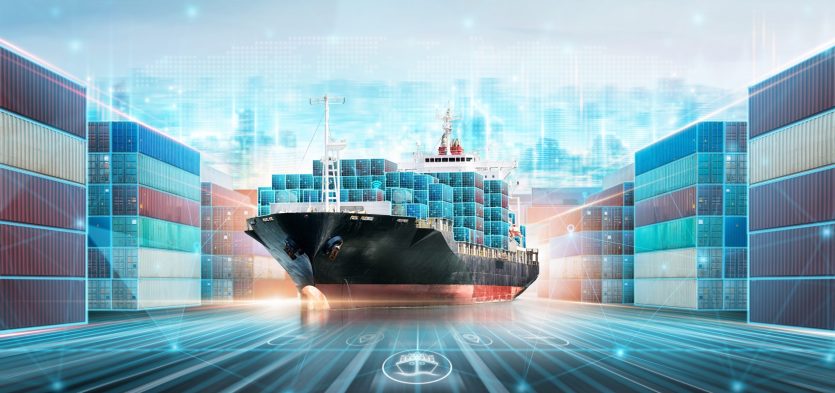How AI is Revolutionizing Ocean Freight Pricing
The ocean freight industry stands as the backbone of global trade, facilitating the movement of an astounding 90% of all consumed goods. Yet, amidst its vital role, the sector grapples with unpredictability, often manifested in fluctuating freight prices that catch customers off guard.
Various economic and geopolitical factors, from sluggish growth to unforeseen events like the Suez Canal blockage and Red Sea conflicts, wield substantial influence over ocean freight rates. Recent incidents, such as the surge in pricing following Houthi attacks in the Red Sea, underscore the far-reaching repercussions of regional disruptions on a global scale.
While predictive analytics harnesses historical and real-time data to anticipate such disruptions, recent events like the Baltimore bridge collapse and the earthquake in Taiwan reveal the inherent limitations of predictability. The focus shifts from forecasting to crisis management, highlighting the need for a more agile approach.
Traditionally, freight rates have been dictated by customer demand, fuel costs, and vessel availability. However, the complexity introduced by global crises renders traditional methods obsolete. In this landscape of uncertainty, artificial intelligence (AI) emerges as a transformative force in mitigating the long-term impact of disruptions on ocean freight pricing.
Read also: Transforming Supply Chains: The Rise of Artificial Intelligence
AI offers several advantages in freight pricing, including real-time market monitoring, rapid response capabilities, and sophisticated decision-making algorithms. By continuously analyzing various data sources, AI systems enable shipping companies to swiftly adapt their strategies in response to changing shipping conditions, mitigating economic impacts effectively.
Furthermore, AI models demonstrate remarkable resilience even in the face of black swan events, enabling shipping companies to return to optimal selling rates up to 30% quicker than traditional systems. This agility translates into significant financial gains for freight forwarders, underscoring the value of advanced AI technologies in navigating unprecedented challenges.
The unparalleled data processing capabilities of AI pricing models provide a critical edge in high-pressure scenarios, where timely decision-making is paramount. Even in data-scarce environments, the best-in-class AI models can derive optimal freight pricing recommendations from minimal data points, ensuring robustness and reliability.
As the ocean freight industry embraces AI technologies, it charts a course towards greater resilience, efficiency, and stability in pricing dynamics. By harnessing the power of AI, shipping companies can navigate the seas of change with confidence, safeguarding global trade against the tides of uncertainty.





Leave a Reply